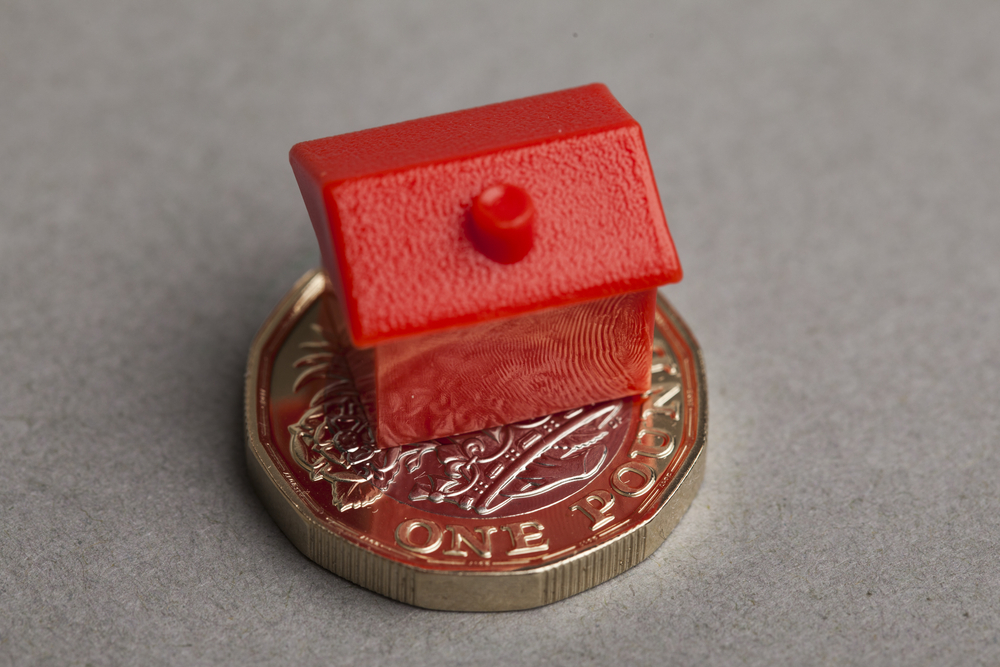First-time Buyer
Stamp duty holiday ‘will trigger small house price rise’

The nine-month stamp duty land tax (SDLT) holiday will result in a 0.5% increase in house prices and just 25,000 additional housing transactions this year, the Office for Budget Responsibility (OBR) has predicted.
In its fiscal sustainability report for July, the OBR predicted there will be 100,000 additional housing transactions in 2020 with just a quarter being a direct result of the tax break.
The remaining 75,000 transactions will be from buyers who were already planning to purchase in 2021/22, but deciding to do so this year instead.
Furthermore, the saving buyers will get on SDLT is expected to outweigh the forecast uptick in house prices.
Due to the drop in property transactions during the lockdown and house prices, OBR forecasts SDLT receipts of £11.6bn in 2020/21, down from the prediction it made in March of £12.8bn.
This prediction does not take the stamp duty holiday into account.
Average house prices
As part of its sustainability report, the OBR published three versions of five-year forecasts for the economy, with neutral, very positive and very negative scenarios.
Overall, the OBR suggested house prices could drop around 0.7% this year if the market is not in an overly negative or positive shape.
In the best-case scenario house prices may rise by 0.2% over the year while a worst-case scenario would result in a drop of 2.4%.
However, its forecasts for 2021/22 are much gloomier.
For house prices during 2021/22, OBR expects them to drop 3.8% using its moderate scenario. If the market experiences a boom, prices could increase by 4.1% and in a downturn, drop by 11.7%.
This is a change from the body’s prediction in March that house prices would rise by 4.2% this year and 7.1% in 2021/22.
Transactions
OBR predicts residential property transactions in 2020 will fall 36% below the forecast of 1.25 million it made in March to 800,000.
The neutral scenario assumes around half the transactions lost this year will return over the next two years rising to 1.49 million and 1.33 million, before stabilising around 1.3 million transactions per year until 2025.
Bank rate
OBR predicts the bank rate will drop to 0% in 2021 and stay at that level until 2022 regardless of whether the economic environment is on the upside, neutral or on the downside.
According to the body, the bank rate will then go up to 0.2% by 2024.
OBR said: “We assume that the bank’s Monetary Policy Committee (MPC) will be successful in setting policy so as to bring inflation back to target over the medium term.
“In principle, that might require different paths for bank rate and quantitative easing across our three scenarios, but because we are not able to assess how the imbalances between demand and supply differ, it is impossible to say exactly how.
“Instead, we assume that broadly the same path for monetary policy suffices to bring inflation back to target over the medium term, and moreover that those settings are embodied in the prevailing yield curve.”